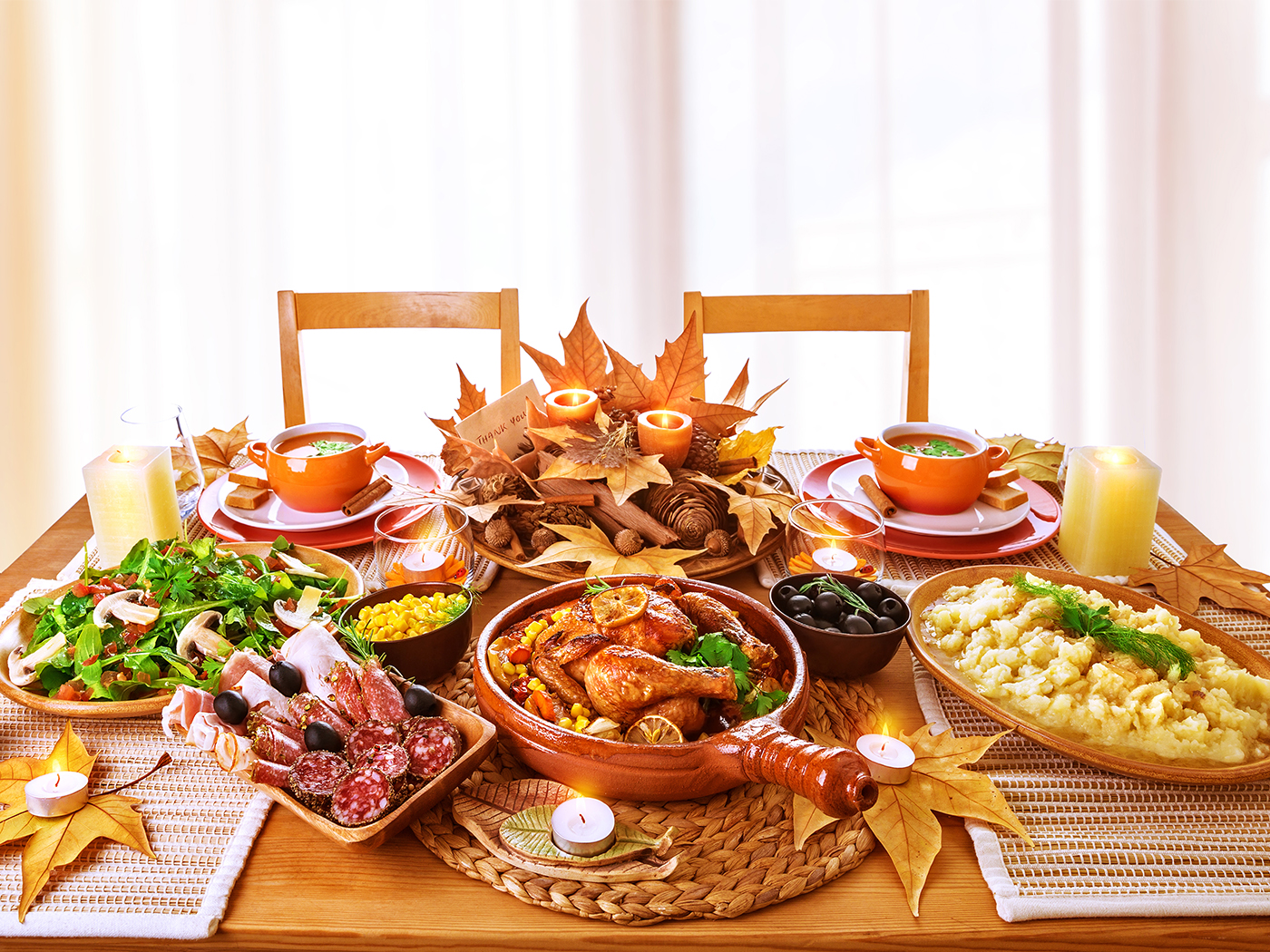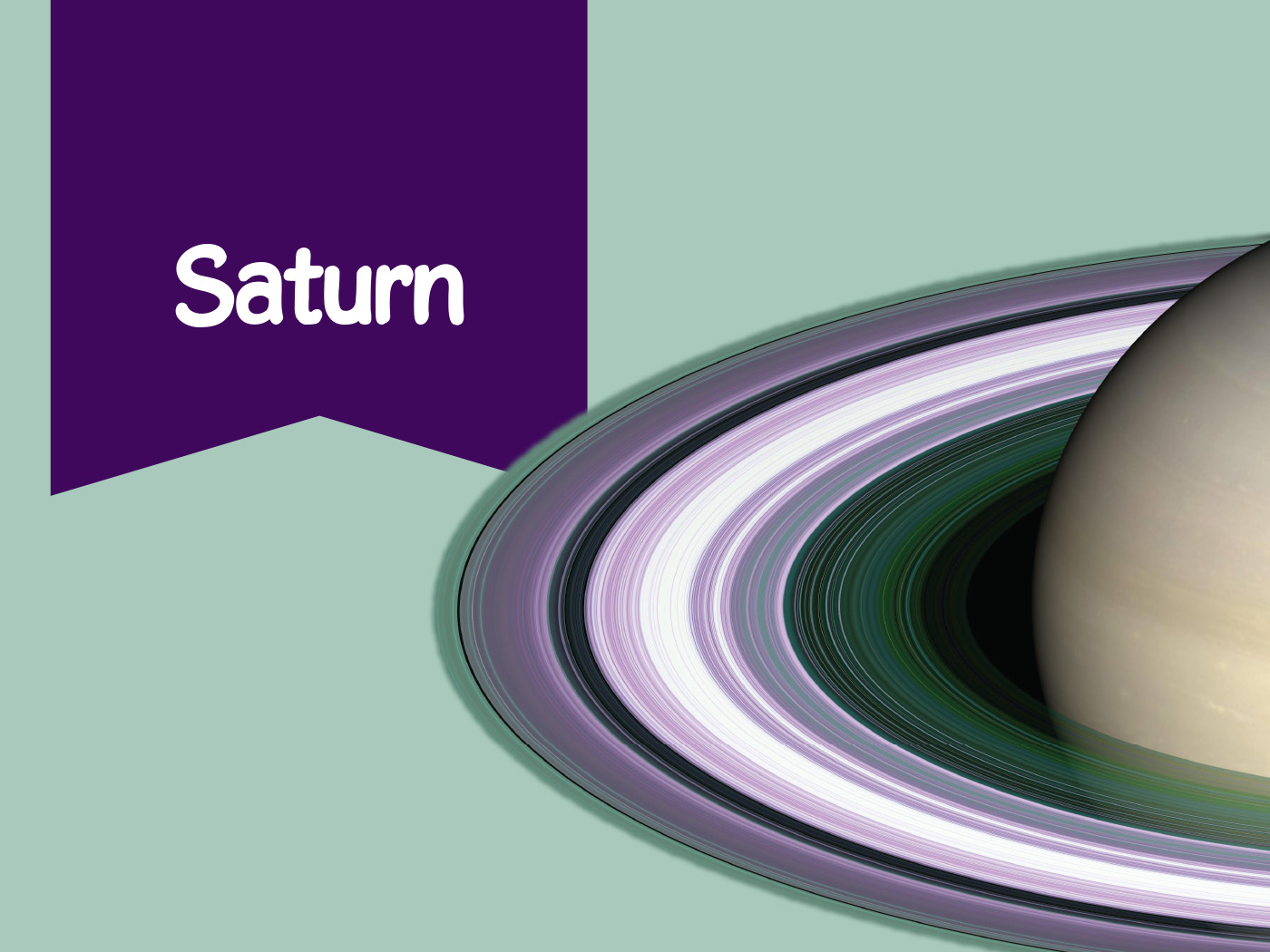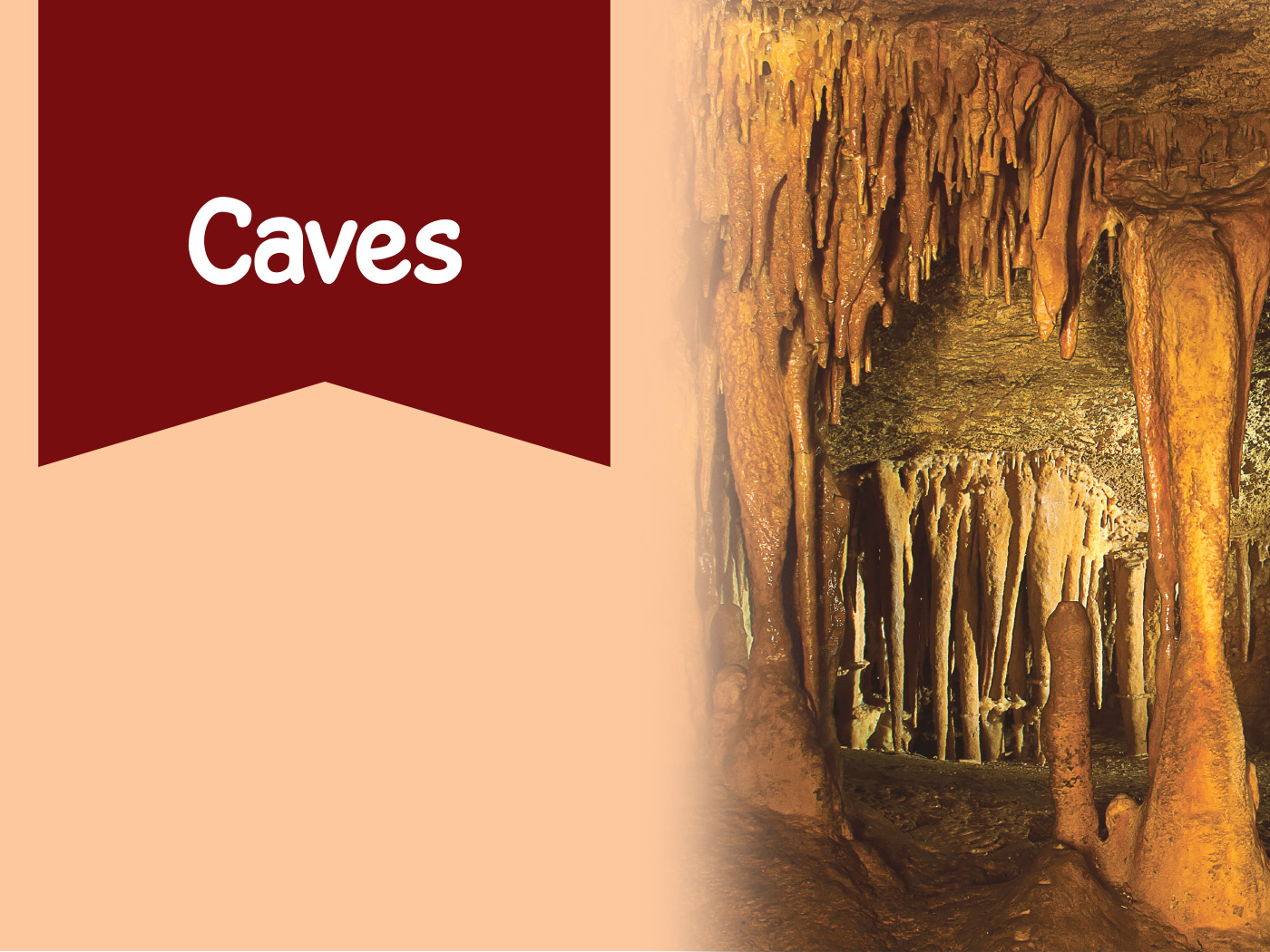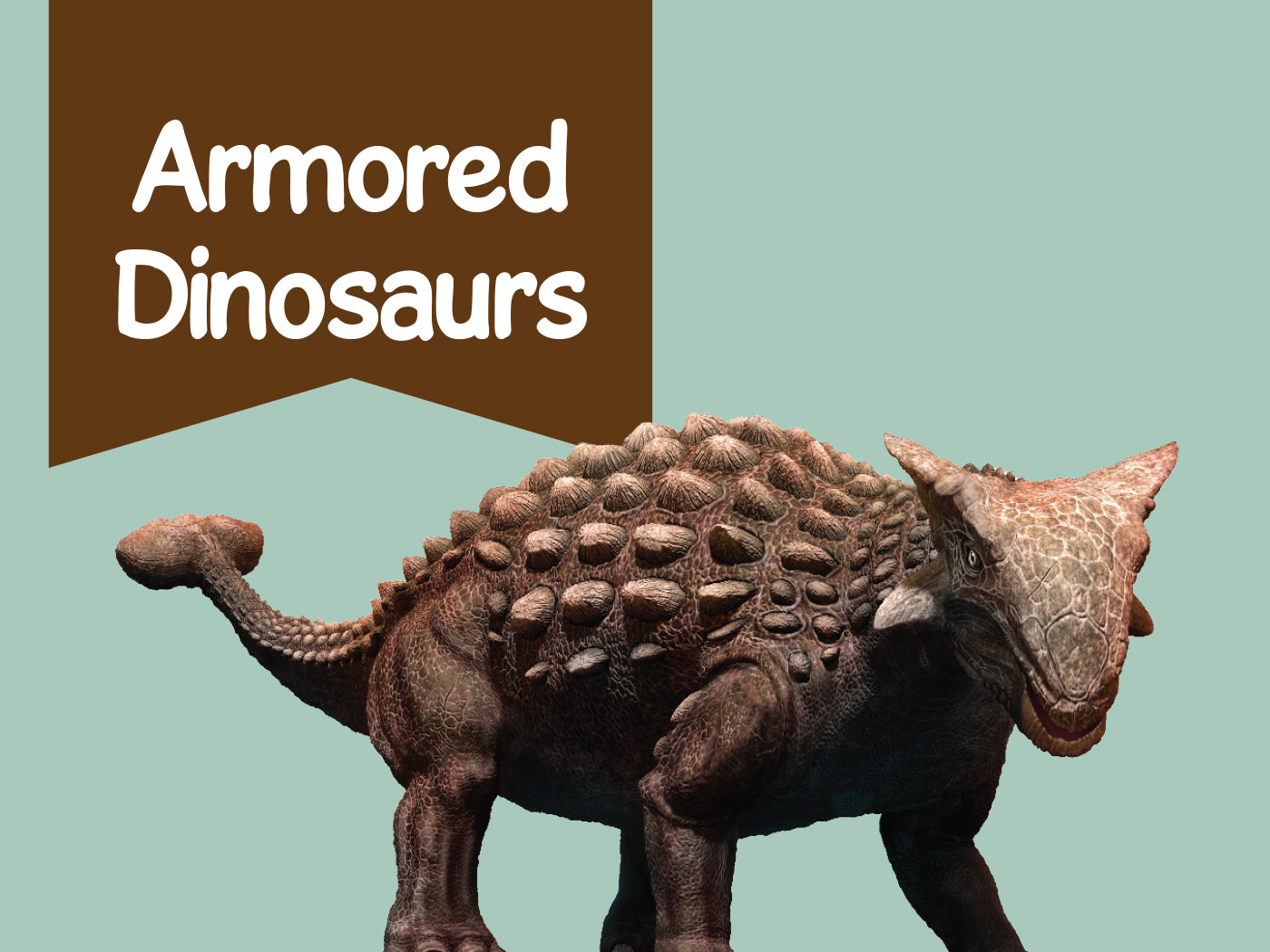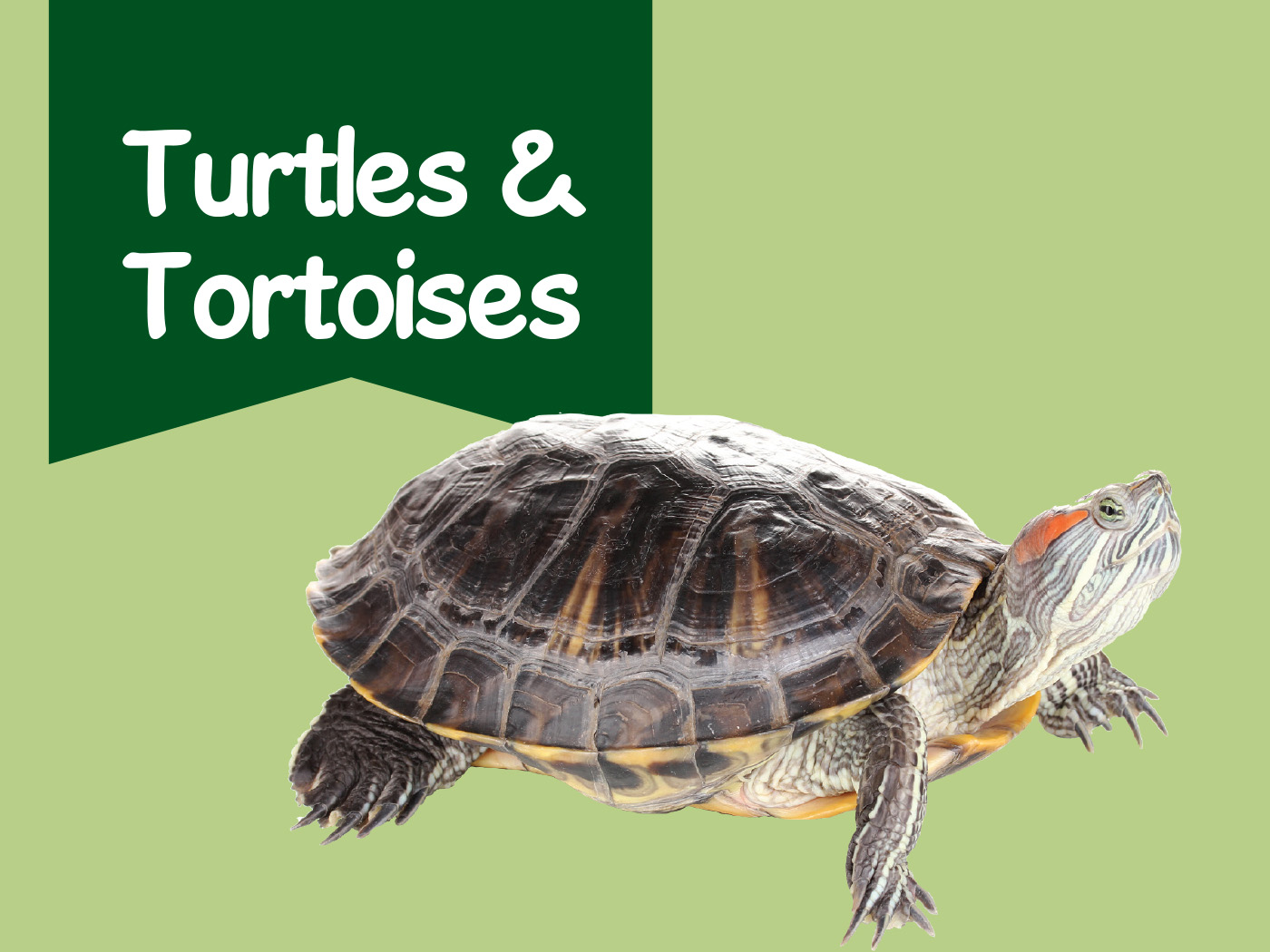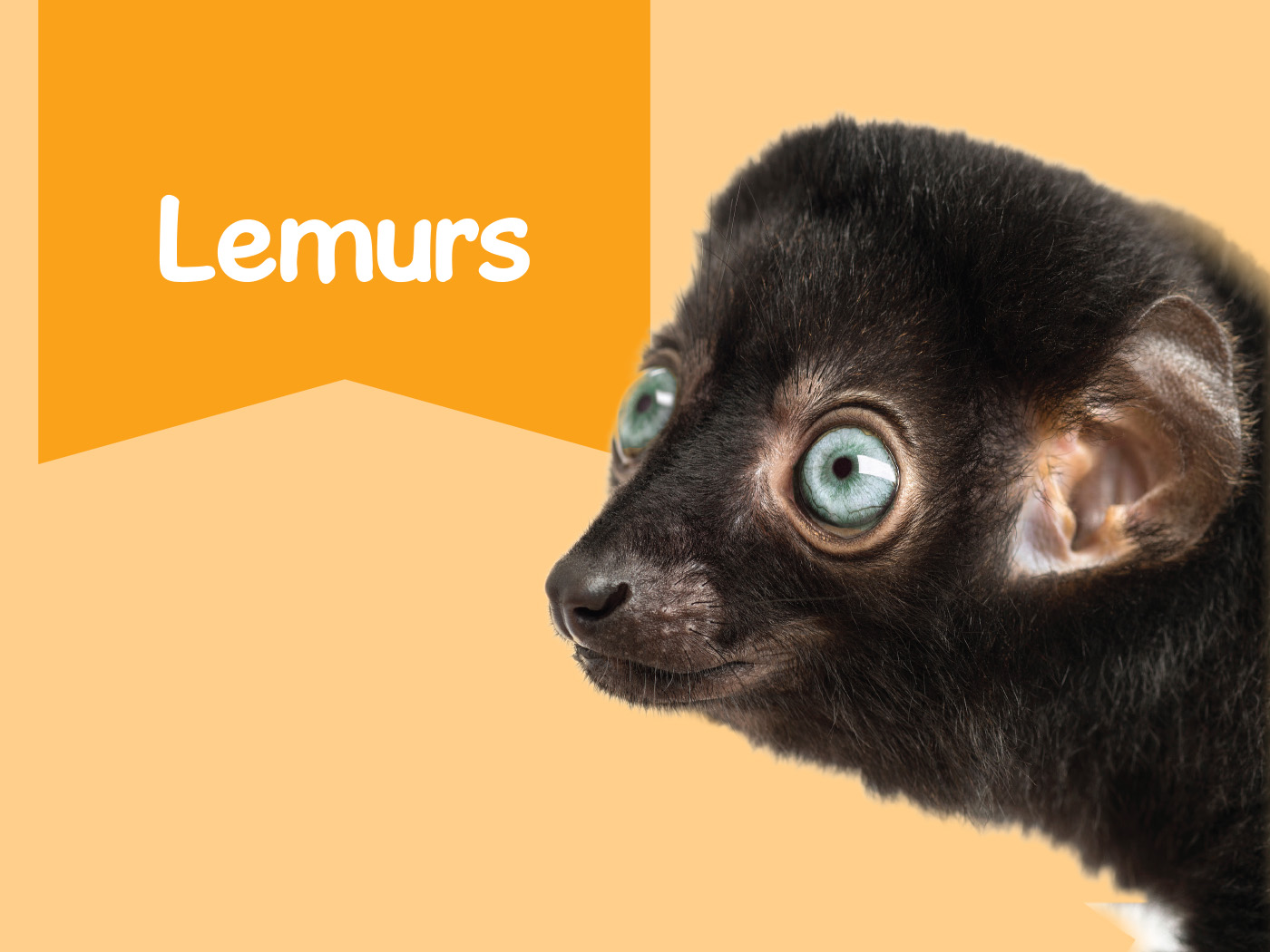“Which of you by worrying can add one cubit to his stature? So why do you worry about clothing? Consider the lilies of the field, how they grow: they neither toil nor spin; and yet I say to you that even Solomon in all his glory was not arrayed like one of these.”1
While we continue to observe the effects of the pandemic, we can also witness a few remarkable events in wildlife at this time.
Every year, the mass nesting of olive ridley sea turtles takes place on India’s Rushikulya Beach. This occasion normally attracts large amounts of tourists as well as locals, but not this year. Because of the COVID-19 restrictions, this year the mass nesting does not expect to see the same amount of disruption.
According to the World Wildlife Fund, although olive ridley turtles are the most abundant of sea turtles, they are considered a “vulnerable” population due their small number of nesting sites.2 Any major disturbances in their nesting sites could have an adverse impact on their numbers.
Odisha’s Forest Department has allowed for 25 forest guards and researchers to keep watch over the turtles and their nests.3 The Hindu reports the Department’s plans to continue protection for the turtles: “Two trawlers, two speed boats and a country boat are being used by Forest Department to patrol the sea, in order to prevent fishing trawlers from plying along the coast.”4
The conservation of these turtles is important because, according to the Odisha Wildlife Organisation “about 50% of [the Olive Ridley’s] world population comes to Odisha coasts for nesting.”5 This unique situation brings much excitement and hope as approximately 250,000 turtles come to nest this year, especially since the turtles skipped nesting last year.6
How wonderful is it that even during a crisis such as this, our God can use it to bless other parts of His creation? For humans, we may find ourselves wondering what is going to happen to us? How does God plan to care for us? Look at how He cares for the olive ridley turtles, or as Jesus said, “Look at the birds of the air, for they neither sow nor reap nor gather into barns; yet your heavenly Father feeds them. Are you not of more value than they?”7 We are, in fact, of much more value to God than the birds of the air and the olive ridley turtles, so I encourage you not to worry about tomorrow and trust in our heavenly Father.
References
1. Matthew 6:27-29.
2. Olive Ridley Turtle. World Wildlife Fund. Posted on worldwildlife.org 2020, accessed April 7, 2020.
3. Senapati, A. Olive Ridleys return to lay eggs at Rushikulya after skipping a year. DownToEarth. Posted on downtoearth.org March 25, 2020, accessed April 7, 2020.
4. Kumar Das, S. Undisturbed mass nesting of Olive Ridleys at Odisha’s Rushikulya rookery. The Hindu. Posted on thehindu.com March 26, 2020, accessed April 7, 2020.
5. Sea Turtle Conservation. Odisha Wildlife Organisation. Posted on wildlife.odisha.gov.in 2020, accessed April 7th, 2020.
6. Senapati, A. Olive Ridleys return to lay eggs at Rushikulya after skipping a year. DownToEarth. Posted on downtoearth.org.in March 25, 2020, accessed April 7, 2020.
7. Matthew 6:26.
*Ivana Semidey is Customer Service Specialist for the ICR Discovery Center for Science & Earth History.





